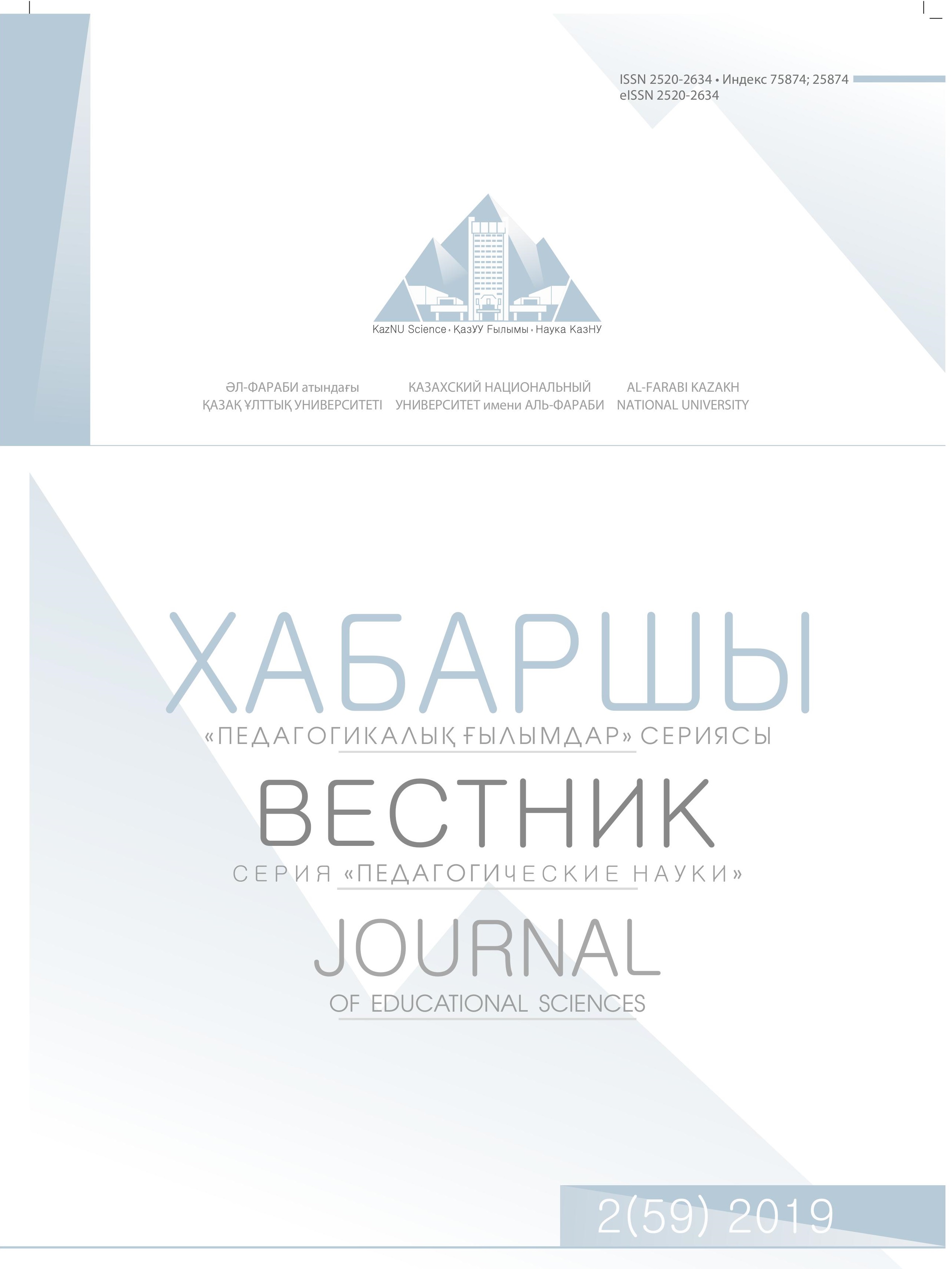Trends in the Development of E-Books in Kazakhstan and Abroad
DOI:
https://doi.org/10.26577/JES.2019.v59.i2.09Abstract
Relevance of the theme is the need to seek the most efficient ways of using digital technology in the learning process. Digitization of education is important for providing quality education for all students regardless of their place of residence. The effectiveness of digitization, in turn, largely depends on digital educational content, including e-books. The article presents an analysis of the experience of developing school e-books in Kazakhstan and abroad in order to identify the emerging trends and prospects for their growth. The leading research methods were content analysis of scientific articles and monographs, documentary sources, websites of national ministries of education, online platforms and e-learning systems; criterial analysis of e-books; interviewing with practical teachers, etc. A steady trend of converting educational content into digital format as application software is revealed. The article reveals the concept of modul technology for constructing e-books by academician KazNAEN, doctor of pedagogical sciences, professor G. K. Nurgaliyeva. according to which e-books are developed in almost all subjects of school education. The results of their implementation in real school practice are presented and their effectiveness is disclosed. This article will be interesting to developers of digital educational content and educators. In addition, the article will expand the geography of international studies, provide material for
comparing approaches to the development of digital educational content in different countries, contribute to the development of the scientific community in the field of digitalization of education.
Кey words: digital educational content, e-books, information-educational environment.















